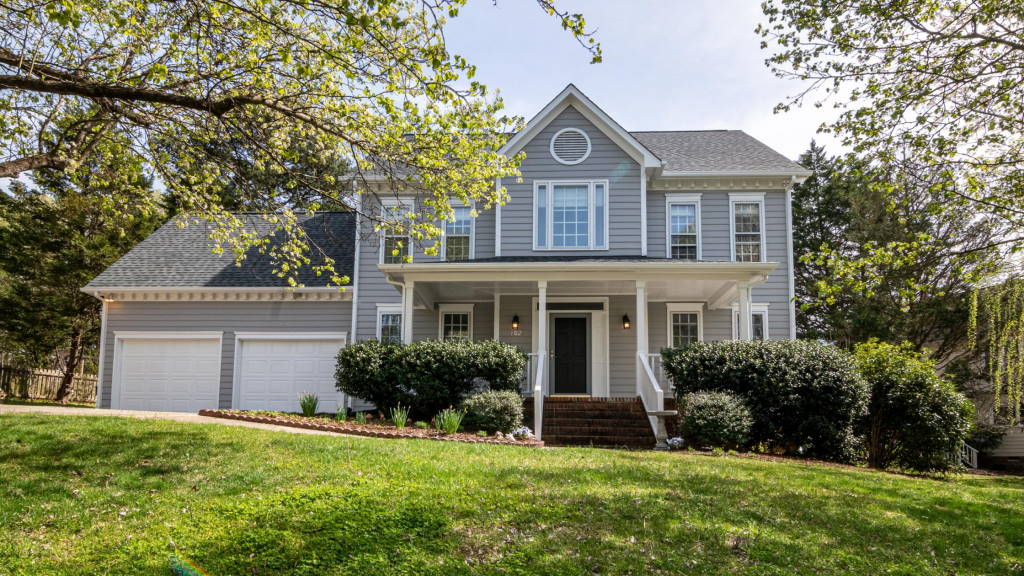Flipping houses requires a lot of work, so it’s natural to wonder can flipping houses be profitable? While the exact profits and tactics vary by area, in general, house flippers make a profit of $64,900 and an ROI of 41 percent.
In our eyes, that’s profitable, but not everyone will make those profits if they aren’t careful. Each investor must evaluate each situation individually. Even if profits in the area are high, each house has its own needs, issues, and potential profits.
Check out these tips to help make your house flipping practice as profitable as possible.
Do Your Research
Research is the best tool you have when flipping houses. It’s not the work you put into it or the beauty of a property you put forward to buyers– it’s the work beforehand including:
- Choosing the right location – You can create the best house, but if it’s not in an area with significant growth, economic stability, and a decent buyer’s market, you’ll lose money. Research the area or work with a real estate agent before choosing a location
- Look at recent sales – Just because an area was hot before doesn’t mean it is now. Look at the most comparable home sales. Are the sales prices near where you need to price the home to make a profit after renovations?
- Know the home’s condition – Flipping houses means you look for great deals. Most low priced homes have major issues. Understanding the depth of the issues and their subsequent costs directly affect your profits. Paying for an inspection before buying ensures good choices.
Doing your research eliminates the risk of investing in a property that’s going nowhere or won’t leave you with the profits you intended.
Know Your Timeline
According to recent data, the average home took 177 days to flip. Work this into your numbers, so you know where you stand. If you finance the property, you’re making mortgage payments for 6 months or more, which affects your profits.
Know the average flipping timeline in the area too. Just because the national timeline is 177 days, doesn’t mean it won’t take longer in your area. For example, homes in Boston took as long as 215 days, while homes in Raleigh, North Carolina took 138 days.
Know Your Total Costs
Get to know the cost of flipping the home to determine your profits. While you won’t know 100% how much you can sell the home for, you can get a good idea of the costs involved going into the project. This goes above the cost to buy the property – that’s just the start.
Your major costs involved in flipping homes include:
Financing Costs
We talked about mortgage payments above, but your financing costs also include
- Closing costs
- Mortgage payments
- Mortgage insurance (if applicable)
Estimate how long you’ll hold the property, so you get a good idea of the financing costs, especially the real estate taxes, as they’re typically due twice a year.
Renovation Costs
Estimate what it will cost to fix up the home. If you hire a contractor, talk about the full cost. Are there subcontractors? Will you pay for the supplies separately or is that included in your overall costs? Don’t forget about the permits and a buffer account for any unforeseen issues.
Holding Costs
If you hold the home for 6 months (the national average), what are the costs to keep it? Aside from financing, we’re talking about the costs to operate the home. You’ll likely need utilities and regular maintenance.
As long as you own the home, even though you aren’t living in it, you must pay the real estate taxes and homeowner’s insurance, so figure that into your costs. Estimate high on the time you must keep the home to account for all taxes and insurance possibilities since they are significant costs.
Selling Costs
If you’ll use a real estate agent to sell the home, figure in around 5% for commissions. Even if you sell the home yourself, you’ll have marketing and administrative costs taking away from your profits.
Look at the big picture when asking ‘can flipping houses be profitable?’
It can, with the right circumstances, but every situation is different. Looking at the long-term picture and taking into consideration all possible costs helps you determine if a particular investment is profitable. While acting quickly is essential when you find a great deal, do your due diligence before you look at homes in the area so you know what you’re getting into and can determine your overall profits.

